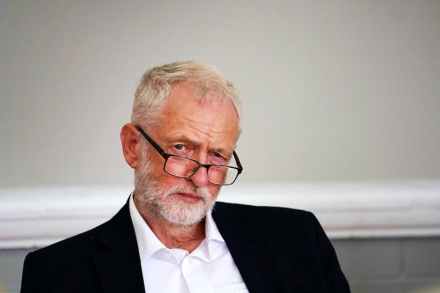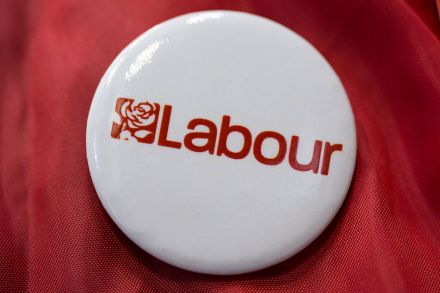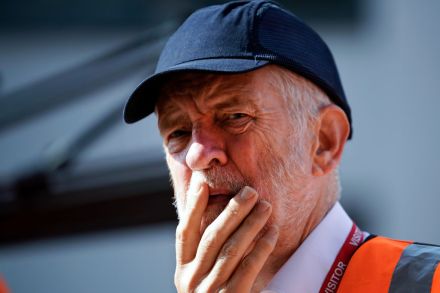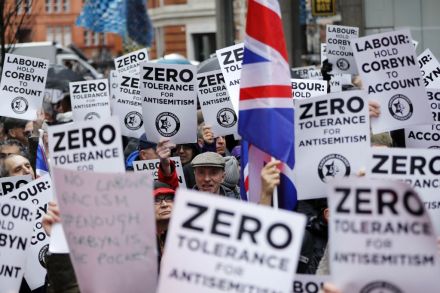Labour plotters: please don’t overthrow Jeremy Corbyn just yet
According to the Daily Express, a tightly knit group of fanatical Labour moderates have been meeting in a country retreat to plot the overthrow of Jeremy Corbyn. Chuka Umunna, Chris Leslie and another ten or so smoothy-chops have met secretly for away-days at Fair Oak Farm, near Mayfield in Sussex, the paper claims. This scoop is a slight blow to me, since I live only a few miles away and failed to notice the plotters, but a much graver one to this country’s greatest defender of ordinary decent people, Paul Dacre, whose large southern estate all but borders Fair Oak. How did the Daily Mail’s inferior rival steal this story



















